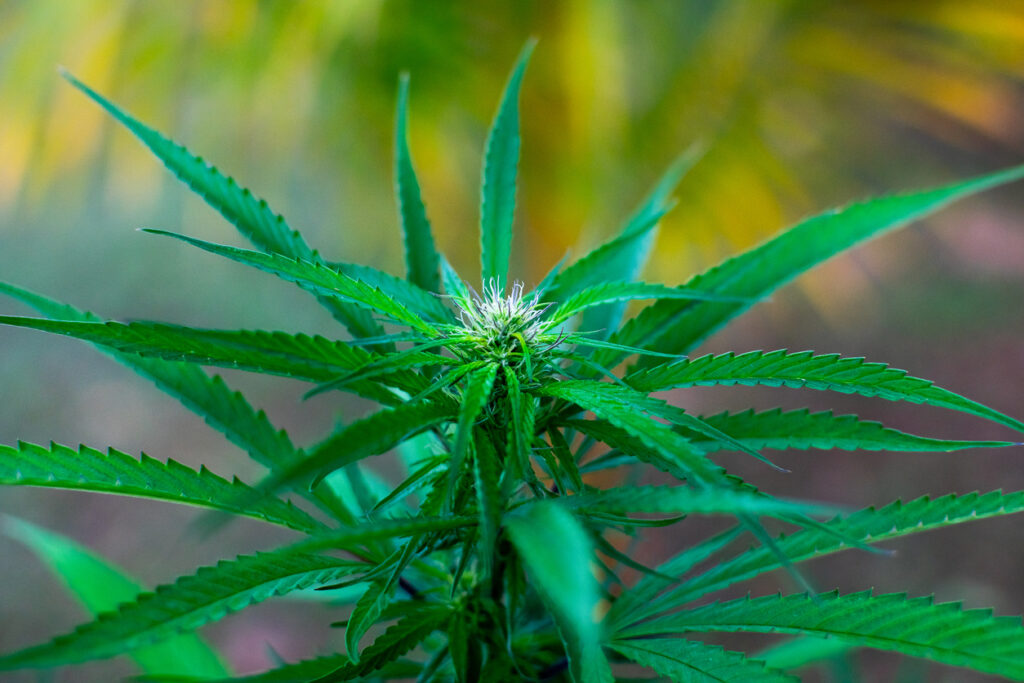Combating Mental Illness and Substance Use Related Structural Stigma in Health-Care – A Framework for Action
Purpose In 2019, the Mental Health Commission of Canada (MHCC) launched a program to better understand the problem of mental illness- and substance use-related structural


